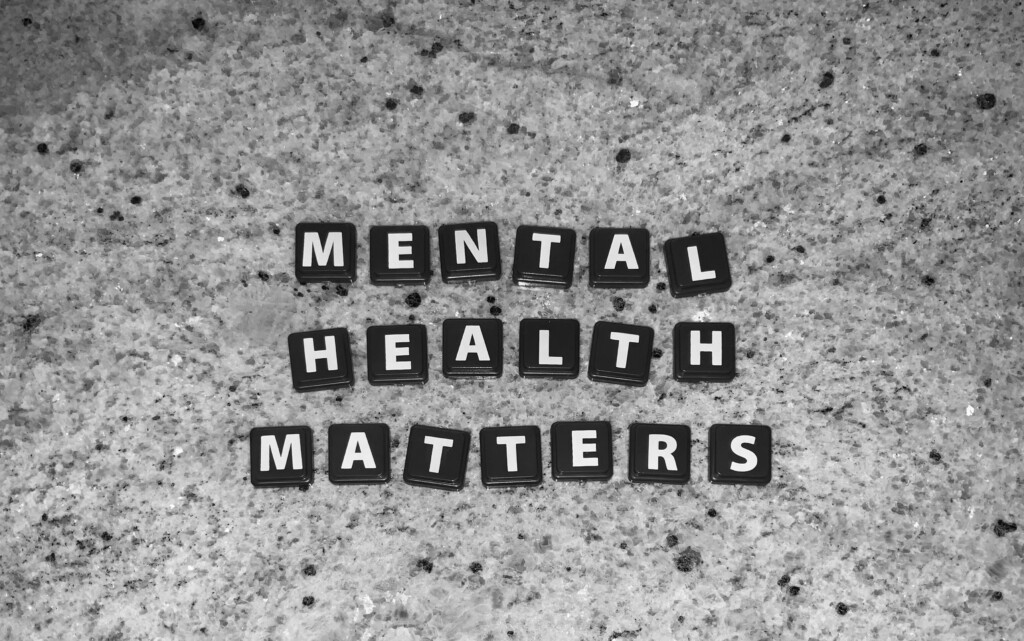How Your Harsh Discipline Might Increase the Risk of Lasting Mental Health Problems in Children
Parenting is no easy task. It’s a journey filled with joy, love, and sometimes, tantrums and misbehaviour. But did you know that how you discipline your child can have a profound impact on their mental health in the long run? Are your parenting choices shaping your child’s emotional destiny? We all strive to raise happy, well-adjusted children, but what if our disciplinary methods are unknowingly putting their mental health at risk?

Are You Unknowingly Harming Your Child’s Mental Health? The Surprising Link Between Harsh Discipline and Long-Term Well-Being
A groundbreaking study from the University of Cambridge reveals that harsh discipline puts young children at a significantly higher risk of developing lasting mental health problems.
As parents, it’s time to reflect on our choices and ask ourselves: Are we shaping our children’s emotional well-being in the best possible way?
The study, conducted with over 7,500 children in Ireland, delved into the effects of “hostile” parenting on a child’s mental health. Hostile parenting involves frequent harsh treatment, such as shouting, routine physical punishment, isolation as a form of punishment, damaging self-esteem, and unpredictable reactions based on the parent’s mood.
The researchers found that children exposed to such hostile parenting at the tender age of three were 1.5 times more likely to exhibit “high-risk” mental health symptoms by the age of nine.
It’s important to note that parenting style is just one of the factors that shape a child’s mental health. Gender, physical health, and socioeconomic status all play a role.
However, the study emphasises the need for mental health professionals, teachers, and practitioners to be aware of the potential influence of parenting on a child’s well-being.
Identifying children who display signs of poor mental health and providing support to their parents can help prevent these problems from escalating.
Unlocking the Secrets of Effective Parenting: How Nurturing and Compassionate Approaches Shape Your Child’s Emotional Future
But what does this mean for us as parents? It’s not about avoiding discipline altogether; setting boundaries is crucial for a child’s development. However, frequent harsh discipline and the negative emotional climate it creates can have detrimental effects.
It’s about finding a balance between firmness and compassion, guiding our children through their emotions, and fostering a warm and positive environment at home.
The findings of this study underscore the significance of early intervention and support for children at risk of mental health difficulties. It’s not just about providing generic advice but rather tailoring support, guidance, and training for new parents.
By equipping parents with up-to-date information on managing children’s behaviour and promoting positive interactions, we can make a profound difference in their mental well-being.
As parents, we hold immense power in shaping our children’s lives. Our decisions today impact their tomorrow.
So, let’s reflect on our parenting choices and ask ourselves the thought-provoking questions: Are we creating a nurturing environment for our children? Are we responding to their needs with understanding and empathy? Are we taking the time to learn and grow alongside them?
Remember, parenting is a challenging journey, but by embracing the power of love, compassion, and informed decision-making, we can set our children on a path to a bright and emotionally healthy future.
For more parenting news check out the Boobobutt Newsroom here – click here.
Leave a Reply